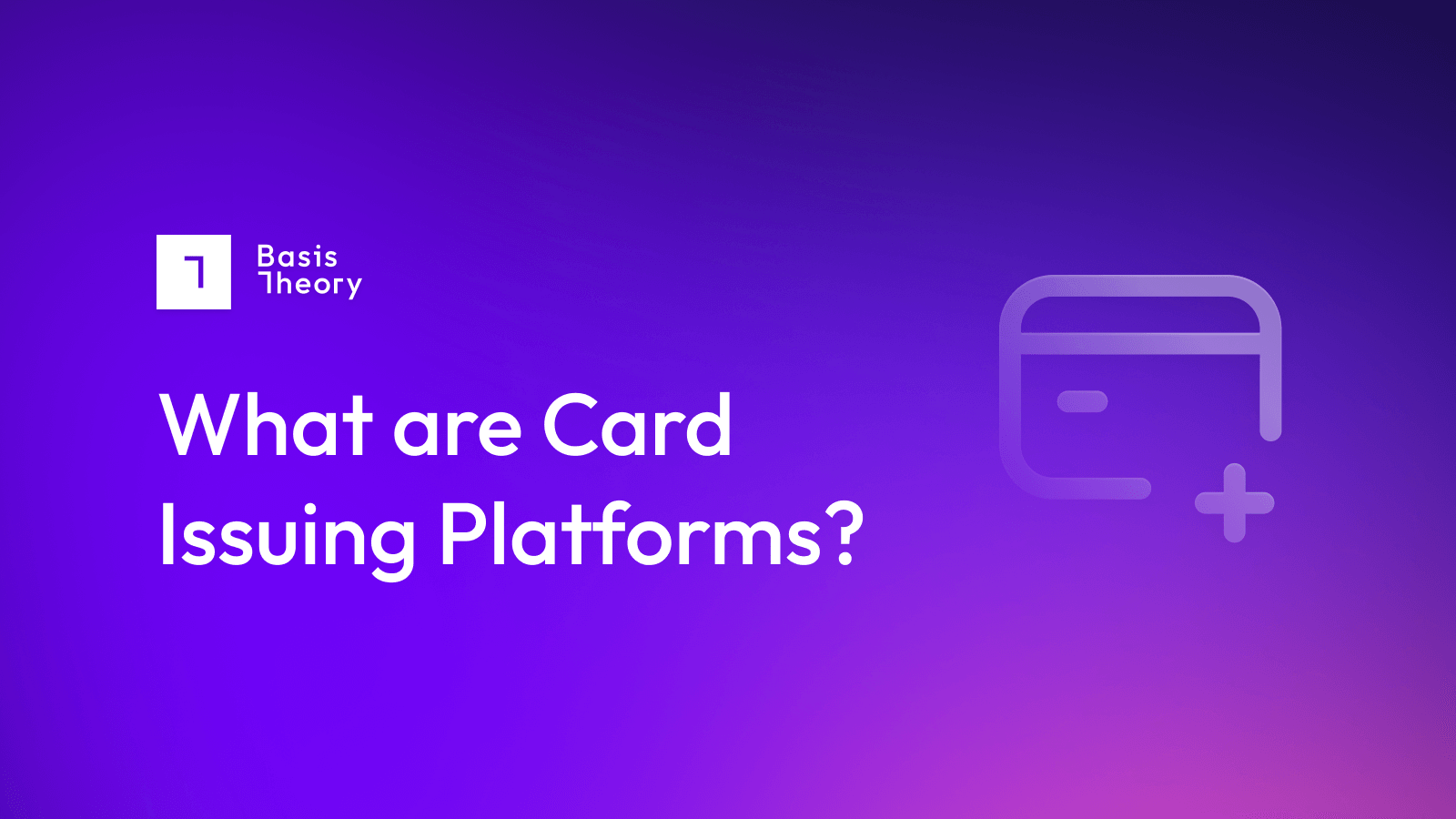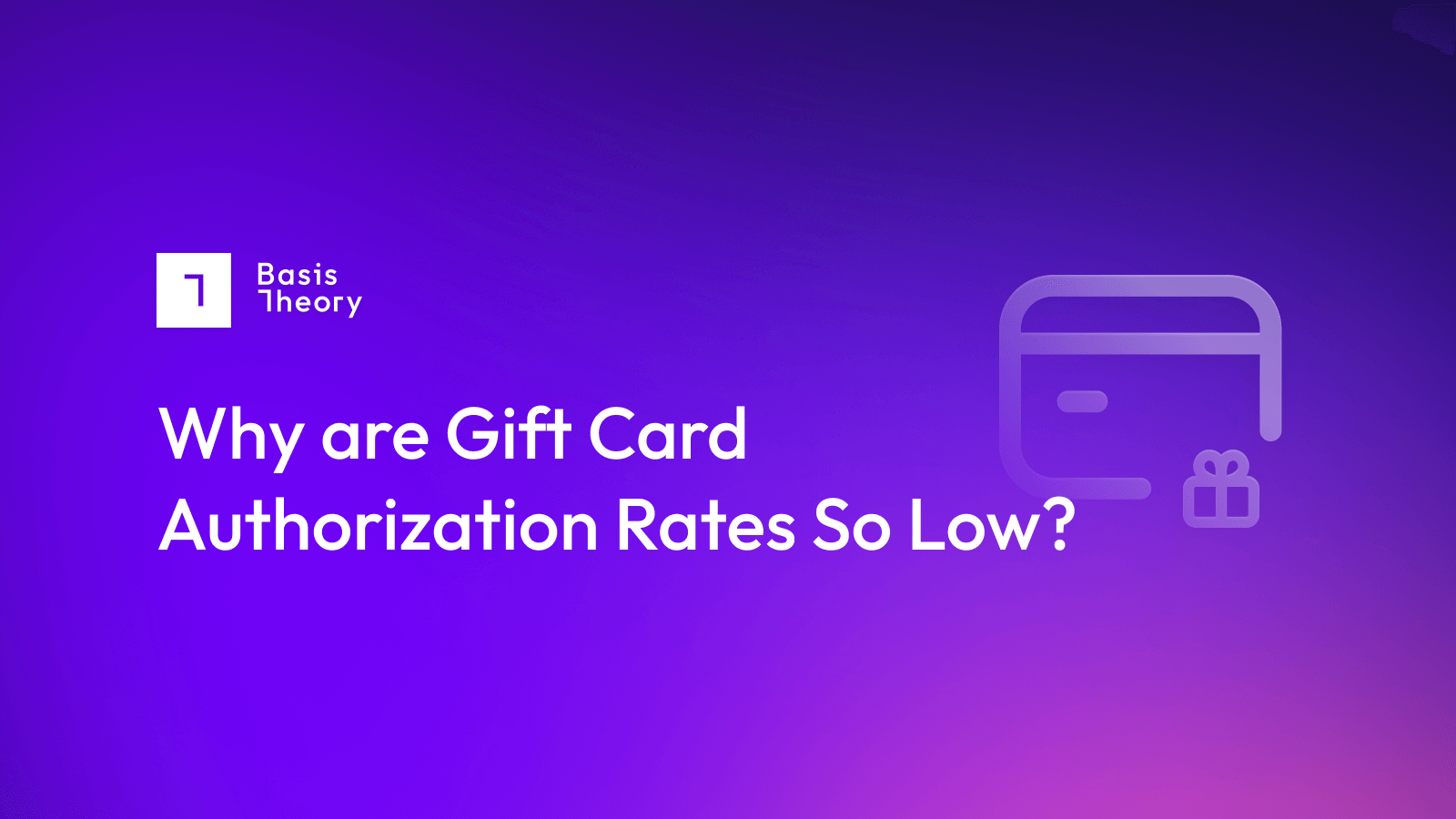What are one-time-use privacy cards? Explaining the benefits

When a consumer “creates” a one-time-use card, the card provider will generate a unique card number and expiration date. This number is then linked to that individual’s primary credit card.
A one-time-use credit card, also known as a privacy card, is a virtual credit or debit card number that can be used once for a single purchase.
After the individual uses a one-time-use card to make a purchase, the merchant will only see the unique card number and expiration date, not the primary credit card number or any other personal information.
The merchant charges the amount of the purchase to the primary credit card using this one-time-use card number. Once this purchase is complete, the card number is effectively useless and cannot be used again.
When the purchase is complete, the one-time-use card is done and no longer usable to make any purchases of any amount.
When to use one-time-use privacy cards?
These type of cards can be used for various online purchases, including nearly anywhere debit and credit cards are accepted.
A few specific examples of when someone might choose to use a one-time-use card (in lieu of their primary) for both consumers and businesses:
- Making a large purchase online, such as a car or a vacation.
- Managing employee spending or vendor charges during testing or procurement.
- Shopping at an unfamiliar merchant.
- Giving a card number to someone on the phone.
These privacy cards’ robust protections against fraud make them an easy choice for businesses who are concerned about the security of their transactions.
Benefits to Merchants
There are many reasons why a merchant would choose to use a one-time-use (privacy) card for purchases. A few of the most common reasons are:
- Increased security: One-time-use cards offer an extra layer of security over traditional credit or debit cards. This is because the actual card number is never exposed, making it more difficult for fraudsters to steal personal information.
- Control over spending: Set spending limits for each one-time-use card, which can help avoid overspending. This can be especially helpful when making a large purchase or issuing cards to employees.
- Privacy: One-time-use cards help to protect the cardholder’s privacy by preventing merchants from storing any real card information. This can be important for anyone concerned about their data being sold or used for marketing purposes.
- Fraud protection: If a one-time-use card happens to be compromised, the damage is limited to one purchase. Cardholders won't have to worry about fraudulent charges being made to the underlying credit or debit card.
Overall, one-time-use cards offer a number of benefits that make them a good choice for online purchases. They are less convenient for in-person purchases, as there is no physical card to swipe or scan. Some privacy card providers, however, may allow the card to be added to a virtual wallet, which can then be used more easily for in-person purchases.
Who offers privacy cards?
One-time-use cards are available from a number of different providers, including companies like Privacy.com, and Revolut.
Privacy cards are different from virtual cards, which are offered by many card-issuing companies today. Like one-time-use cards, virtual cards can create a new number to disguise the real card number, but, unlike one-time-use cards, these virtual cards can often be used more than once. While the underlying benefits overlap, virtual cards offer features like the ability to lock the card and options to “classify” the card into spending categories.
Although privacy cards act and function much like credit or debit cards when making purchases, their use can introduce some challenges both consumers and merchants should be aware of.
Consumers should choose the card provider wisely. Always ensure the provider is reputable and maintains good security practices, as this provider will likely have access to the underlying card data being “masked” for the purchase.
The last thing you’d want is to choose a privacy card to reduce the risk of fraud, only for the provider to have a breach due to bad security practices. Consumers should always read the terms and conditions of these cards carefully, as well, to understand exactly how the card works and what liabilities may fall back on the consumer in the case of fraud.
For merchants, one-time-use cards don’t pose many challenges to individual purchases in the normal course of day-to-day business. However, merchants may need to adjust their fraud detection and prevention systems to accommodate one-time-use cards, as these cards may not fit the traditional patterns of credit card use.
.png?width=365&height=122&name=BTLogo%20(1).png)



